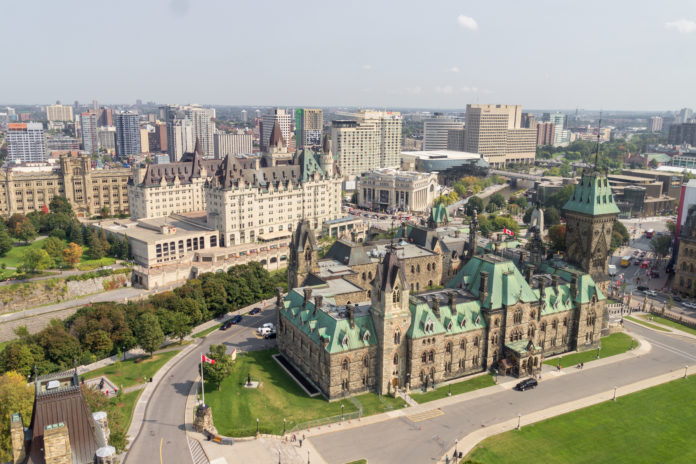
Canada immigration news: The settlement funds required under the Express Entry-linked Federal Skilled Worker Program (FSWP) and Federal Skilled Trades Program (FSTP) will increase from Thursday, July 15.
“To stay eligible, you may need to update your settlement fund numbers in your Express Entry profile,” notes Immigration, Refugees and Citizenship Canada (IRCC) on its website. “The update must be done no later than July 15, 2021.”
More Canada Immigration News
Manitoba Invites More Than 1,000 Express Entry Candidates In Major Immigration Draw
Canada Express Entry First Half Review: Ambitious Immigration Target Means Records Tumble Again
Canada Express Entry Candidates Now Have 60 Days To Submit Application After Receiving ITA
Those who have applied under the Canadian Experience Class and those authorized to work in Canada and who already have a valid job offer do not have to show this proof of having the higher level of settlement funds – even they’ve applied under the FSWP or the FSTP.
“Keep your funds up to date in your profile,” the IRCC is advising would-be immigrants. “The system may find that you’re eligible for more than one program. You don’t always know ahead of time which program you’ll be invited under.”
With the latest round of increases, the funds required for a single applicant have increased from $12,960 in 2020 to $13,213 this year.
Similar small increases have been applied for each number of family members (see table below).
The new requirements are outlined below:
Settlement Funds Required For Federal Skilled Worker and Federal Skilled Trades Programs
| Number of Family Members | 2017 Funds Required | 2018 Funds Required | 2019 Funds Required | 2020 Funds Required | 2021 Funds Required |
| 1 | $12,300 | $12,474 | $12,669 | $12,960 | $13,213 |
| 2 | $15,312 | $15,530 | $15,772 | $16,135 | $16,449 |
| 3 | $18,825 | $19,092 | $19,390 | $19,836 | $20,222 |
| 4 | $22,856 | $23,181 | $23,542 | $24,083 | $24,553 |
| 5 | $25,923 | $26,291 | $26,701 | $27,315 | $27,847 |
| 6 | $29,236 | $29,652 | $30,114 | $30,806 | $31,407 |
| 7 | $32,550 | $33,013 | $33,528 | $34,299 | $34,967 |
| Each additional family member | $3,314 | $3,361 | $3,414 | $3,492 | $3,560 |
Applicants should note borrowed money cannot be used to meet the thresholds. They need to use the money to cover the cost of living for their family. This applies even if the family is not accompanying the applicant to Canada.
The funds must be readily available both when a candidate applies and when a permanent residence visa is issued.
Official letters from banks or other financial institutions act as proof of funds.
According to Immigration, Refugees and Citizenship Canada, the letter must:
- be printed on the financial institution’s letterhead;
- include their contact information (address, telephone number and email address);
- include your name;
- list outstanding debts such as credit card debts and loans, and;
- include, for each current bank and investment account:
- account numbers;
- the date each account was opened;
- the current balance of each account, and;
- the average balance for the past six months.
The amount of money applicants need depends upon the size of their families. Ottawa revises these amounts each year.
Applicants need to research the actual cost of living where they plan to settle in Canada.
They will need to declare if they are bringing more than $10,000 into the country, as per Canadian customs regulations. Those who fail to declare
Typically, the authorities permit applicants to bring funds in the form of:
- cash
- documents that highlight property or capital payable to the applicant such as:
- stocks;
- bonds;
- debentures, or;
- treasury bills, or;
- documents that guarantee payment of a specific amount of money, which is payable to the applicant, such as:
- bankers’ drafts;
- cheques;
- travellers’ cheques or;
- money orders.

